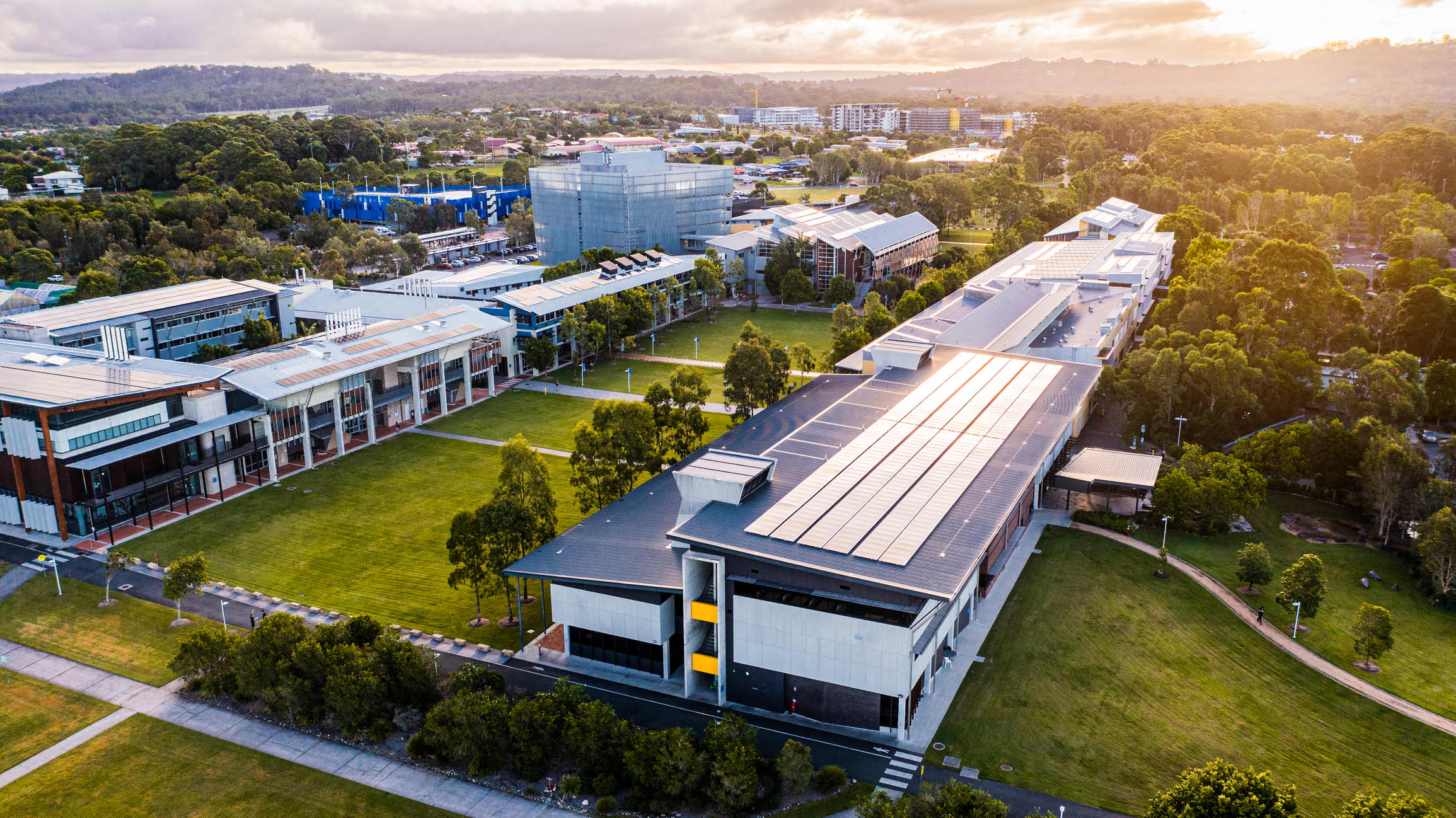The University of the Sunshine Coast has welcomed a plan aimed at increasing the percentage of the workforce with higher education.
UniSC issued a media release on Monday, feting the federal government’s release of the 400-page Australian Universities Accord Final Report, which recommended reform to build a better and fairer higher education system.
It recommended increasing the tertiary education attainment rate from 60 per cent to at least 80 per cent of Australian workers by 2050.
While most universities, including UniSC, have lauded the report, some of the nation’s leading and richest institutions have decried one of its recommendations as a “bureaucratic tax” with dire consequences.
The accord suggested establishing a $10 billion Higher Education Future Fund that would provide support for infrastructure like student housing, classrooms and research facilities through co-contributions from public universities and the government.
Do you have an opinion to share? Submit a Letter to the Editor at Sunshine Coast News via news@sunshinecoastnews.com.au. You must include your name and suburb.
The accord made 47 recommendations to boost university numbers. It suggested increasing enrolment of students with under-represented backgrounds such as people from outer suburbs, the regions, lower socio-economic backgrounds and Indigenous communities.
UniSC Vice-Chancellor and president Professor Helen Bartlett said the findings and recommendations reflected reforms advocated for by UniSC during the accord consultation process.

“The final report delivers a clear message to the government and the sector about the need to accelerate the participation and attainment of under-represented groups in higher education,” she said.
“The final report makes a compelling case that reaching the proposed participation target of least 80 per cent of the workforce with a VET or university qualification by 2050 cannot be achieved without increasing the number of Australians from outer suburbs, the regions, disadvantaged backgrounds and Indigenous Australians going to university.”
“To that end, we welcome the recommendations to reform the current Job Ready Graduates package, particularly the adjustment of student contribution amounts. We also support other key student-centric proposals such as improvements to the HELP scheme, greater student income support, adjusting the Tertiary Access Payment, more opportunities for students to earn while they learn and financial support for students undertaking mandatory unpaid placements.
“We strongly endorse the recommendation for a new university funding model, including the proposal for needs-based funding and demand driven fee-free preparatory courses which would be key enablers for increasing higher education access for students from low SES backgrounds, First Nations students and students with a disability. A needs-based funding model should be based on student headcount rather than the current equivalent full-time student load (EFTSL) approach which underfunds the true cost of delivery, particularly universities like ours with higher part-time and equity group student profiles.
“From a research perspective, UniSC supports the recommendation for the government to outline a pathway towards more fully funding university research. As part of this work, the government also needs to consider how to better fund shared research and innovation infrastructure in regional Australia, including at regional universities.”

But Monash University Vice-Chancellor and president Sharon Pickering has condemned the recommendation.
“The proposed Higher Education Future Fund is a costly, complicated and cumbersome tax on our world-class universities,” she said.
“Imposing an inefficient bureaucratic tax on universities is not the way to deliver on the aspirations of the accord … it will have the opposite effect and diminish Monash’s ability to deliver on the accord’s objectives.
“Monash opposes measures that will impair the international standing of Australian universities and blunt the economic and social impacts of university education and research.”
University of Sydney vice-chancellor Mark Scott offered similar sentiments, calling the revenue redistribution a “wealth tax”.
The Australian Academy of Science, however, has welcomed the fund, as has the National Tertiary Education Union, saying it will address core issues for staff like insecure work.
Business Council of Australia executive Bran Black has warned that if it is established, it is vital it does not deter business engagement or philanthropic support for universities.
Like stories about Sunshine Coast people doing great things? Help us deliver more by registering for our FREE daily news feed. All it requires is your name and email at the bottom of this article.





